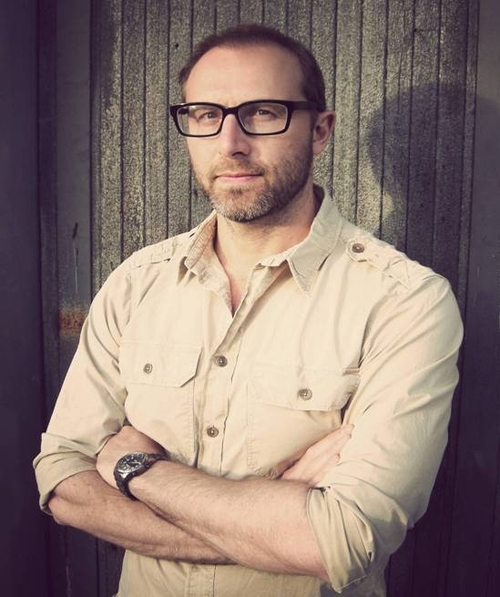
David Bezmozgis spoke to me over the phone from his home in Toronto. He has a kind, NPR-type voice, one that carries certain American inflections, but really comes alive when pronouncing Russian words. Midway through our hour-long conversation, his young daughters burst into his room in an explosion of laughter and affection. I greatly regret having to edit out their appearance, and Bezmozgis’s subsequent interaction with them, from the transcription that follows.
As for his writing: it is serious and good. Bezmozgis’s debut short story collection, Natasha, depicted the life of a Latvian Jewish émigré family in Toronto. His second book, The Free World, a sort of prequel, follows recently escaped Soviet émigrés from Riga, who are spending six months in Rome as they attempt to acquire visas to a viable port of emigration. They won him awards (Commonwealth Writers Prize, Governor General’s Award) and critical acclaim (The New Yorker, 20 Writers Under 40).
Bezmozgis’ latest book, The Betrayers, is a moral thriller that centers around 24 hours in the life of Baruch Kotler, a celebrated Soviet Jewish dissident turned disgraced Israeli politician. In a prose style that is understated, but always achieves what it sets out to do, Bezmozgis not only presents complex, endearing characters in dramatic situation, but also poses (and attempts to answer) difficult questions about how the individual can affect politics, and how politics in turn affects the individual. Aleksandar Hemon, Gary Shteyngart, Edith Pearlman and Joshua Ferris have all already praised it in no uncertain terms.
I read The Betrayers straight through in one sitting as if it was detective fiction. Then I reread it because it was so affecting.
—Ratik Asokan
I. LANGUAGE IS A PERSONALITY
THE BELIEVER: Let’s start with The Betrayers’ first sentence: “A thousand kilometers away, while the next great drama of his life was unfolding and God was banging His gavel to shake the Judaean hills, Baruch Kotler sat in the lobby of the Yalta hotel and watched his young mistress berate the hotel clerk—a pretty blond girl, who endured the assault with a stiff, mulish expression.”
Your use of passive voice is striking. The politics occupies the first of the sentence, and Baruch arrives only in the second. It’s as if politics so powerfully affects his circumstances that it must be mentioned first. The passive voice is employed throughout The Betrayers. It seems symbolic of the way your characters live their life.
DAVID BEZMOZGIS: It’s hard for me to speak beyond that first sentence. You’ll have to quote me some other sentences.
...
You have reached your article limit
Sign up for a digital subscription and continue reading all new issues, plus our entire archives, for just $1.50/month.
Already a subscriber? Sign in




